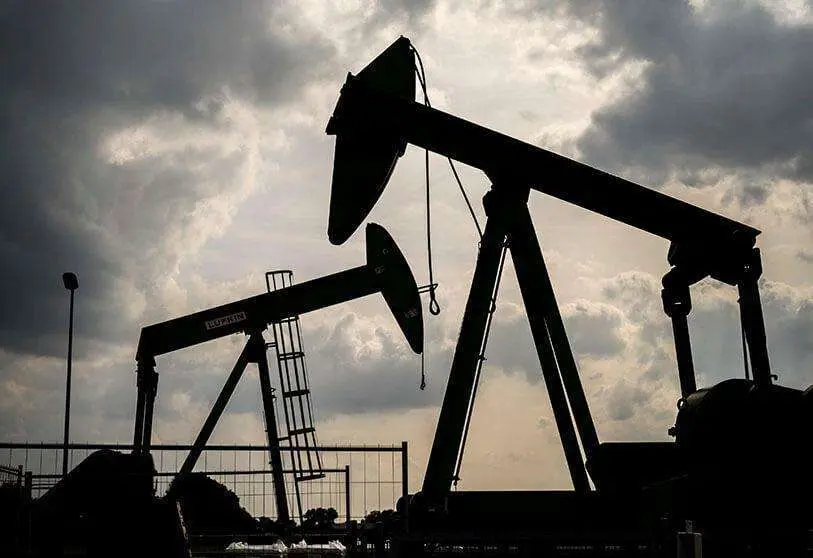Increased investment in green energy could trigger an oil crisis

In recent years, governments and companies have been seeking to reduce their carbon footprint by investing more and more in renewable energies in order to achieve a future less dependent on fossil fuels and thus alleviate the climate crisis. While this shift within the industry has positive effects on the environment, some warn that increased investment in sustainable energy will have negative consequences for the oil sector.
According to Sharon Chu, an energy specialist, and Skeet Sondria, economic editor of Bloomberg News, the oil industry is heading for a supply shock due to declining investment in fossil fuels. Other analysts have also warned that global oil demand will not peak until the next decade.
According to data from the financial firm Bloomberg, which covers nearly 140 international economic institutions, these companies reportedly committed around $203 million in bonds and loans to renewable energy and other green projects in May.

In contrast, as Greg Hill, chief operating officer of Hess Corporation, said at the 37th Asia Pacific Petroleum Conference (APPEC 2021), "the total value of international oil company investments in exploration and extraction projects has fallen to about $300 billion, less than half of total annual investments before the coronavirus pandemic".
During the same summit in Singapore recently, Saad Rahim, chief economic analyst at Trafigura noted that "the oil industry as a whole is caught between divergent investment imperatives". "In the near future, the world is likely to continue to need more than 90 million barrels per day, so the question is: how do you find the investments needed to produce this amount," he said.

Rahim also used the meeting to warn about the critical global coal situation. India, one of the world's leading coal producers, is suffering from a shortage of coal, which will have an impact on regional powers such as China, a major consumer, and Europe, which is expected to increase consumption during the winter. "Asia does not have enough coal," warned the Trafigura economist.
Oil prices have risen by 50 per cent this year, while global oil inventories have fallen to pre-pandemic levels. Furthermore, Ben Lowcock, co-head of trading at Trafigura, believes that prices will continue to rise due to the "inability of supplies to meet rapidly increasing demand", reports Al Arab.
In particular, the price of Brent crude oil, which is mainly extracted from the North Sea, has seen a marked increase in prices. For the first time in almost two years, the price of a barrel of this type of crude oil reached 80 dollars. However, the price of Brent crude oil will continue to rise until it reaches 90 dollars, according to a report by US investment bank Goldman Sachs.

"There is a strong outlook for oil prices to continue to rise in the coming weeks, with speculators looking to buy to take advantage of the uptrend and not miss the opportunity to make staggering returns," Rabobank's Ryan Fitzmauris tells Al-Arab.
On the other hand, Giovanni Sirio, head of global market analysis at Vitol, predicts that global oil demand will peak over the next decade. "The effects of underinvestment in oil exploration and extraction projects are likely to appear soon, with higher energy consumption as a result of the effects of economic stimulus packages, monetary easing and the lifting of travel and mobility restrictions," he explains

The British bank Barclays reaffirms previous statements, assuring that crude oil prices will continue to rise in 2022. "The easing of OPEC's production restrictions will not close the oil supply gap for at least the first quarter of 2022," the bank said in a statement.
In addition to the oil crisis, the world faces shortages in gas and coal, as noted above. In Europe, for example, natural gas reserves are at historically low levels. On the other hand, "China is also facing an unprecedented energy crisis," Alicia García Herrero, chief Asia-Pacific economist for Natixis, told El Economista. The Chinese authorities have begun to ration energy, for example in Beijing, where electricity consumption is already being controlled.








